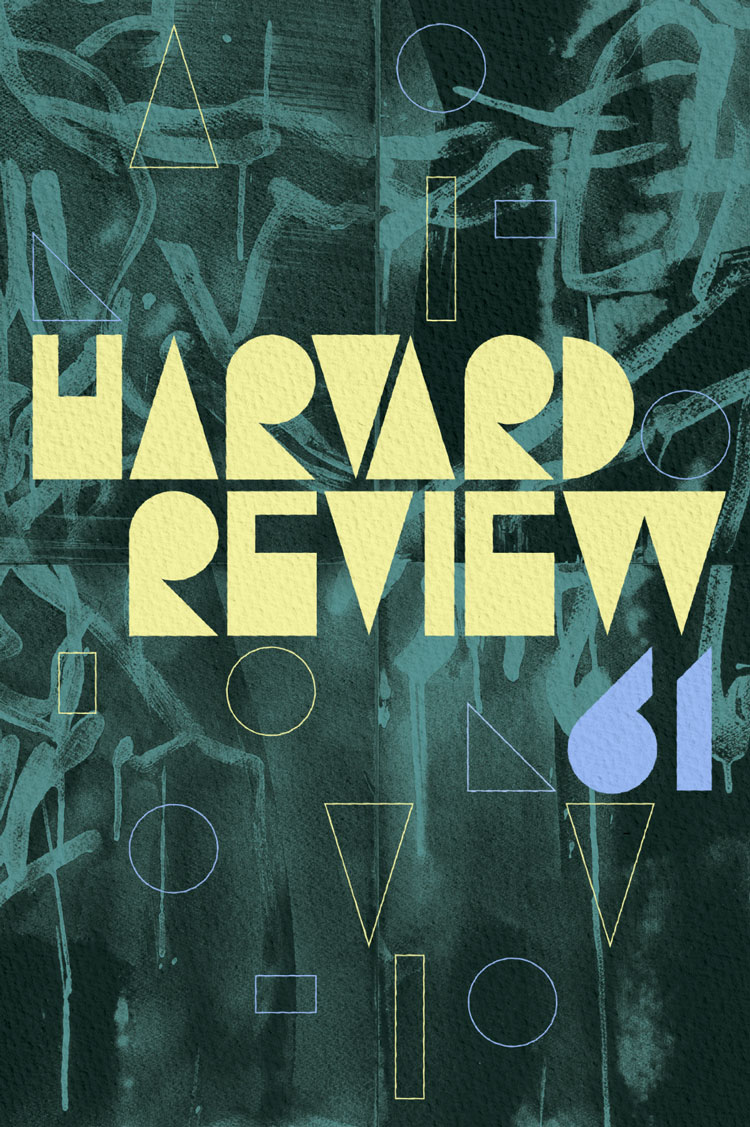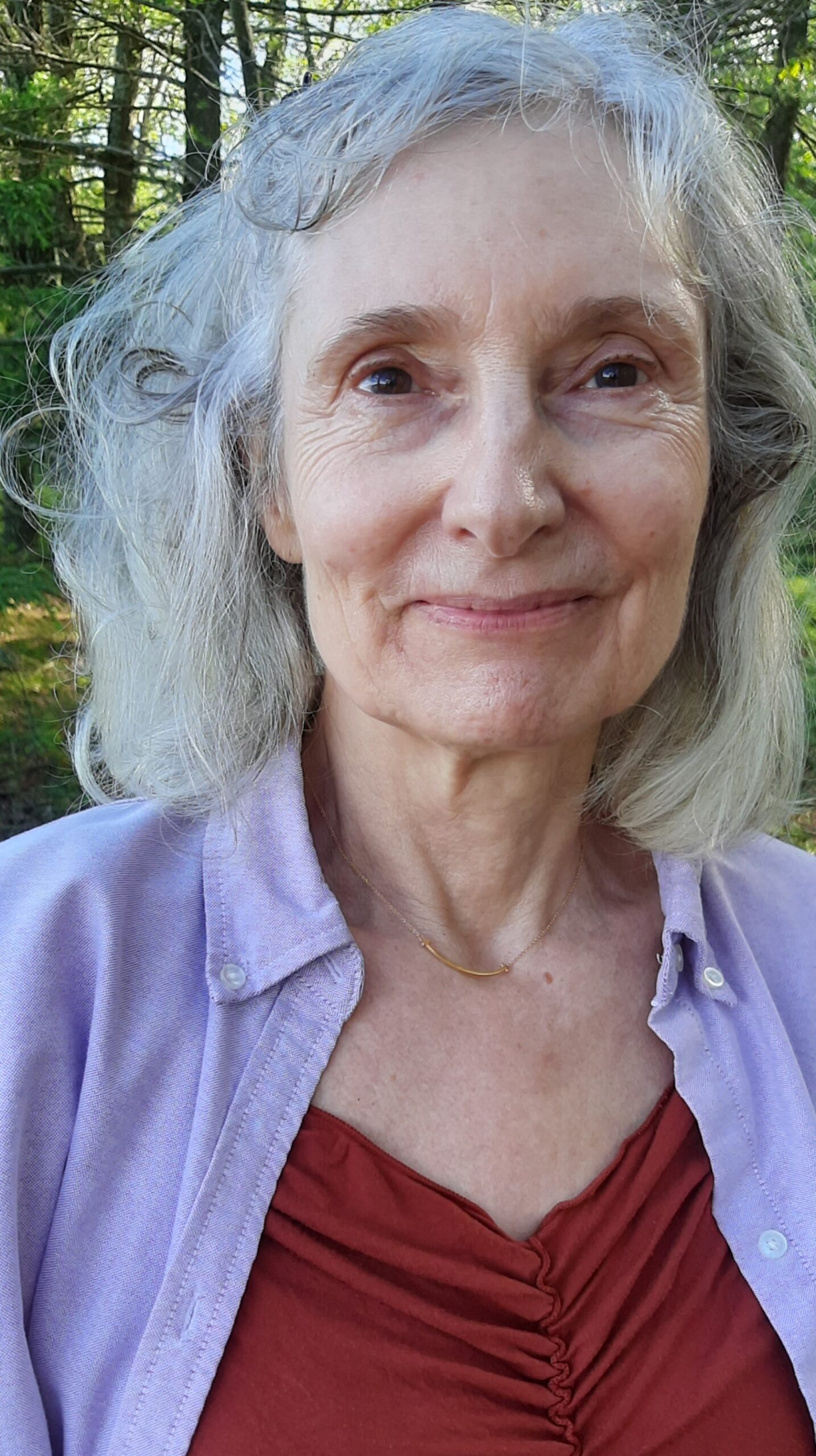In our monastery, crickets rattlecastanets down the long avenues of day and underthe arches of night; in ourmonastery squads of dragonfliespatrol the meadow, unzippinglines of sight whileferns crinkle into bronze and monardas quail,Queen Anne’s lace frays the surplice of tall grass,and before Nones the hawk dives into the mountain laurel but swervesup with angry, empty talons, a flashof white belly feathers and ankle tufts. In ourmonastery, before the storm, maples and white pines thrashwith dry heaves, and thunder rackets aroundthe cloistered horizon as if an enraged doghad seized the sky in his teeth and were shaking it back and forthuntil the stuffing fell out. But in the longdrought days, silences steepeninto abandoned quarries and old wells. The gapsbetween your prime numbers pulse like the spaces between stars.We live close to the bone.Your fingers on my spine: primalshudder of an ancient code. When I rise in the nightand feel my way back to bed in the dark, one handon the door, one fumbling along the wall,it’s my mother’s ghost who touches me. Do I understand,now, how she felt in her cavernof ruined sight? Keep watch, dear Lord, with those who work,or watch, or weep this night. Hide usunder the shadow of your wings. How slowlywe learn. Compline. In the watchesof the night.
Offices
Feature Date
- August 11, 2024
Series
Selected By
Share This Poem
Print This Poem
Copyright © 2024 by Rosanna Warren.
All rights reserved.
Reproduced by Poetry Daily with permission.

Issue 61
Cambridge, Massachusetts
Editor
Christina Thompson
Poetry Editor
Major Jackson
Managing Editor
Chloe Garcia Roberts
Associate Editor
Cecilia Weddell
Digital Editor
Laura Healy
Harvard Review publishes new poetry, essays, fiction, drama, criticism, book reviews, and interviews. From its beginnings, the journal has been committed to showcasing the work of emerging writers alongside established voices—or, as we like to think of it, publishing writers who will be famous next to writers who already are.
Over the years we have published a number of important writers at an early stage of their careers, including Nam Le, Mary Ruefle, Jhumpa Lahiri, Carl Phillips, David Foster Wallace, and Miranda July. Some of the authors we debuted include Paul Harding, who won the Pulitzer Prize for Fiction in 2010; Ben Shattuck, whose first published story was selected for PEN America’s Best Debut Short Stories in 2017; and Moira McCavana, whose debut story was published in the O. Henry Prize Stories Anthology in 2018.
Editorially, we are interested in literary technique and agnostic when it comes to subject matter. We take each piece on its merits and seek a diversity of voices. We look for evidence of control, polish, deliberateness, authority, and for work that strikes us as realizing its own ambitions, whatever those may be. Physically the magazine draws on the aesthetic of the 1960s Black Sparrow Press, foregrounding typography and employing only abstract elements. We print on a textured uncoated stock for a tactile feel and design our covers in thematically related pairs. Our cover designs, by Alex Camlin, have been repeatedly honored in PRINT magazine’s Regional Design Annual.
Contributors to Harvard Review are regularly selected for Best American Poetry, Best American Essays, Best American Short Stories, Best American Mystery Stories, Best American Science and Nature Writing, Best American Travel Writing, PEN America Best Debut Short Stories, The O. Henry Prize Stories, Best New Poets, and The Pushcart Prize Anthology.
Poetry Daily Depends on You
With your support, we make reading the best contemporary poetry a treasured daily experience. Consider a contribution today.




